10 Ways to Cut Sugar From Your Diet
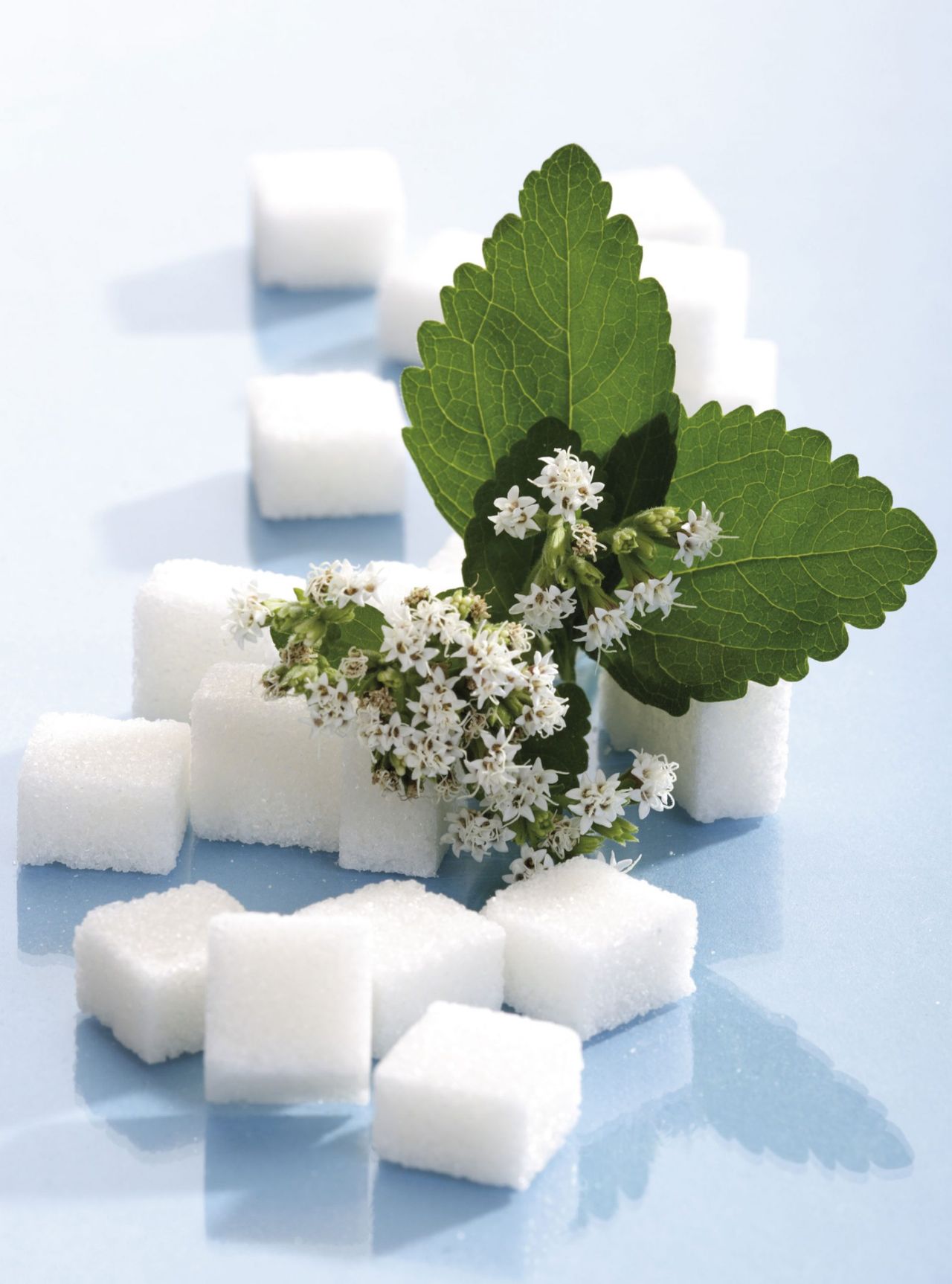
Our simple steps will boost your health - and should help you lose weight too!
Sweet as it may seem, we all know sugar is public enemy no.1. And as the NHS plan to introduce 'sugar tax' in hospital cafes by 2020 in a bid to tackle the nation's obesity crisis, it seems we are gradually realising just how dangerous the 'sweet' stuff can be.
Just a few extra teaspoons per week are enough to encase the liver in fat, leading to life-threatening diseases like diabetes and obesity. Not to mention the drastic mood changes that accompany your 4pm biscuit habit.
The World Health Organization (WHO) recommend that an adult of normal weight eat just 25g (about six teaspoons) of sugar per day. But with the white stuff dominating our Western diets so completely, how can we kick the habit? Even supposedly healthy foods like dried fruit can contain 24g of sugar per each 50g serving – that’s your entire daily allowance in just one snack!
So what’s the solution? We’ve got ten tips to help you quit sweet treats for good. Not only will your weight shift after cutting out sugar, but your mood, skin and energy levels should also improve. And don’t forget the damage that sugar does to your teeth, either!
Although many turn to natural substitutes like honey or agave syrup, the truth is these are just as bad as the processed stuff. Fortunately, scientists have alighted on an alternative.
Stevia is a Paraguayan plant that tastes 300 times sweeter than sugar, and has zero calories and zero carbohydrates! It was approved for use in the EU in 2011, but only now are manufacturers really waking up to its fat-busting potential. So be prepared to see plenty more of this miracle ingredient on the nutrition labels of our favourite treats. Buy White Stevia Crystals here.
Sign up for the woman&home newsletter
Sign up to our free daily email for the latest royal and entertainment news, interesting opinion, expert advice on styling and beauty trends, and no-nonsense guides to the health and wellness questions you want answered.
Can't wait until then? Start making the switch in your own home cooking today. Simply head to your local health store and stock up on white stevia crystals.
Keep reading to discover more ways to cut sugar from your diet – trust us, your body will thank you for it...
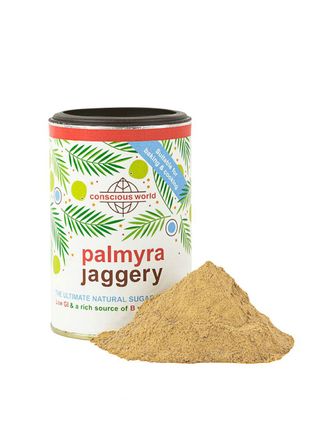
Try Palmyra Jaggery
Can't get hold of stevia? Conscious Food's Palmyra Jaggery is another high quality, sap-based alternative to sugar. Siphoned from palm trees in India, Palmyra Jaggery is higher in essential vitamins and minerals and contains only 3% fructose sugar compared to coconut palm sugar's 40%! Just remember it's sweeter than the processed stuff, so a little goes a long way. Buy Palmyra Jaggery
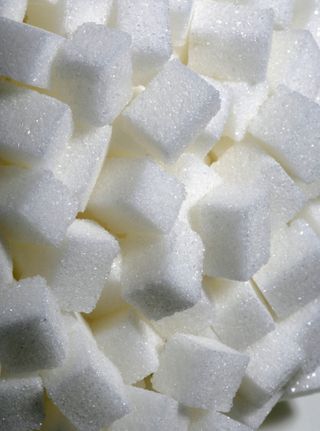
A spoonful of sugar...
Of course, if you're really serious about cutting sugar from your diet then moderation is key. Studies say it takes 21 days to fully implement lasting change, so try eating fewer and fewer sugary treats over a month. Although difficult at first, after the initial few days cravings should subside noticeably.
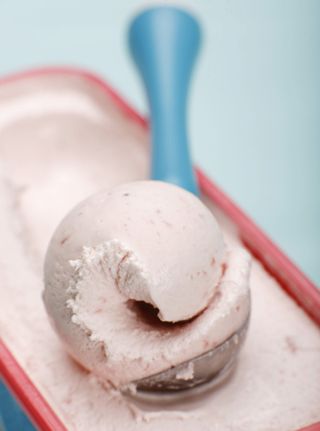
Fat-free
Watch out for 'fat-free' food, from yoghurts to ready meals. One of the biggest myths is that if a food is fat-free it doesn't make you fat. Fat-free doesn't mean calorie-free, and most fat-free products are loaded with sugar instead.
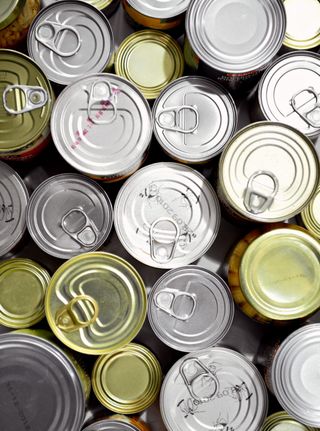
Check the label
To reduce sugar, you have to know where to find it - so check ingredients lists when you're in the supermarket. Added sugars can go by many names, including high fructose corn syrup, molasses, corn sweetener, cane sugar, honey, syrup or fruit juice concentrates. Ingredients on food packaging are listed by weight, so avoid products with sugar near the top of the list.
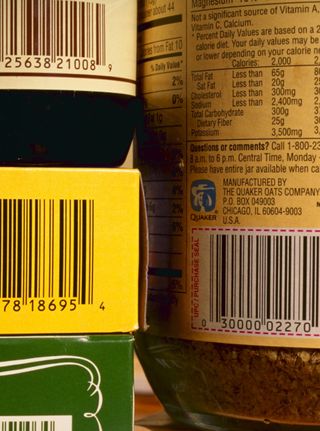
Add it up
Look at the label where it says 'total sugars' and divide the number of grams by four. That's the number of teaspoons of sugar in that packet - scary! The American Heart Association recommends that most women consume no more than about 6 tsp. of added sugar a day (men should limit it to about 9 tsp)
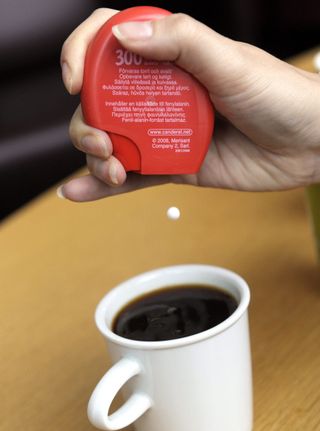
Ditch the sweetener
Beware of artificial sweeteners. They can increase cravings for sugar and carbohydrates. Some experts believe they also deplete the body's stores of chromium, a nutrient crucial for blood-sugar metabolism.
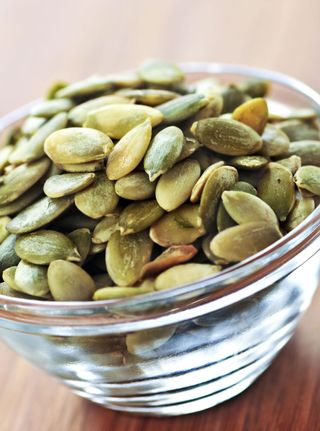
Snack smart
Watch out for that mid-afternoon lull, birthday cake at the office or that sugary caffeine boost you crave. Keeping a food diary can help you understand your triggers and help you anticipate when you'll need a boost. Stash healthy snacks where you need them - like a bag of nuts in your desk drawer. Having a real treat planned to look forward to is also a smart way to relish occasional naughtiness without going overboard.
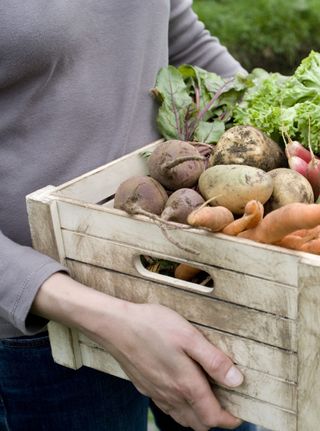
Cook at home
It'll stop you falling back on processed food, where you'll find the most added sugar. Make extra individual portions of meals in advance and freeze them, and you can dip in when you're busy and don't have time to cook.
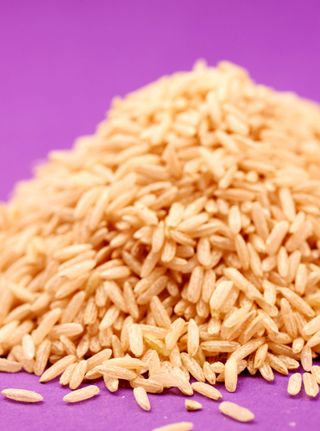
Eat the right carbs
Most processed carbohydrates, like bread and white pasta are loaded with flour and other ingredients that convert to sugar in the body almost as fast as pure glucose - and are stored as fat. A high GI diet can also, in the long term, increase your risk of type 2 diabetes.

Avoid fruit juice
Obviously it's much better than fizzy drinks, but fruit juice is all sugar - without the fibre and less of the nutrients in the raw fruit.

A balanced plate
If in doubt, take a look at this useful diagram produced by Harvard University's Department of Health - your balanced diet on a plate. For more expert healthy living tips, visit our Diet & Wellbeing pages
-
 Caroline Idiens reveals the 5 simple exercises women over 40 'need' to do in their home workouts
Caroline Idiens reveals the 5 simple exercises women over 40 'need' to do in their home workoutsTake a pair of dumbbells and 30 minutes out of your day to try this strength routine for healthy ageing
By Grace Walsh Published
-
 Accessories are everything - Scarlett Johansson took her Oscars look to the next level with one simple addition
Accessories are everything - Scarlett Johansson took her Oscars look to the next level with one simple additionScarlett's rich midnight blue Oscars gown was levelled up with a pair of glam velvet gloves
By Caitlin Elliott Published